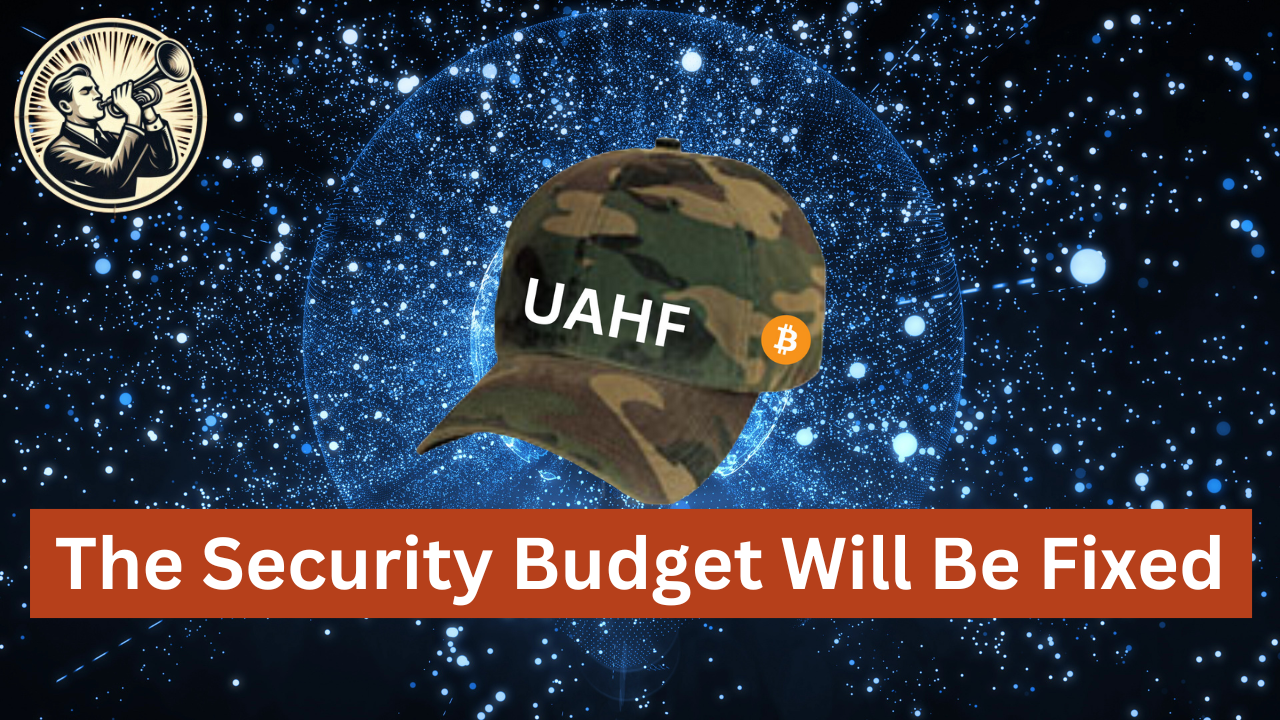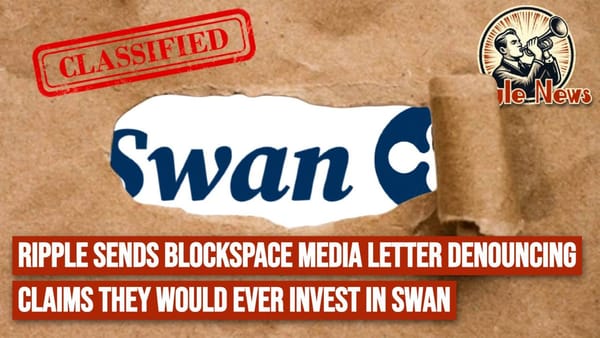Richard Greaser Proposes BIP 432: HODL TAX

BIP: 432
Layer: Consensus (Hard Fork)
Title: HODL Tax
Author: Richard Greaser thebitcoinbugle@protonmail.com.com
Comments-Summary: No Comments Yet
Status: Draft
Type: Informational
Created: 2024-07-31
License: BSD-3-Clause
Post History: None but I’m a credentialed journalist
Abstract
This Bitcoin Improvement Proposal (BIP) suggests implementing an inactivity fee for Bitcoin addresses that do not engage in any outgoing transactions for over 60 days. The collected fees would be distributed to miners, incentivizing network security and promoting more active participation from Bitcoin holders.
Motivation
The primary motivation behind this proposal is to encourage Bitcoin holders to engage actively with the network, thus promoting decentralization and security. This is also a response to Michael Saylor and PODCONF's attempts to limit Bitcoin to being a corporate treasury asset with Coinbase being a chief custodian. Currently, a significant portion of Bitcoin remains idle, potentially contributing to reduced network liquidity and less frequent fee contributions to miners. Udi is currently failing to sufficiently supplement miner incomes and thus action needs to be taken before Peter Todd's suggestion of tail emissions get any serious momentum. By introducing an inactivity fee, this proposal aims to:
- Encourage users to engage in the network instead of being rent seeking full time podcast listeners.
- Provide an additional revenue stream for miners, thus supporting network security and more Bitaxe circulation.
- Discourage the hoarding of coins without contributing to the network's operation.
Specification
Inactivity Fee Mechanism:
- Inactivity Period: An address will be considered inactive if no outgoing transactions are detected for over 60 days.
- Fee Calculation: The inactivity fee will be a small percentage of the total balance of the inactive address. A proposed rate is 0.1% of the address balance per inactivity period.
- Fee Collection: The fee will be automatically deducted from the address at the end of each inactivity period and added to the mining reward pool of the next block.
- Distribution to Miners: The collected fees will be distributed to miners proportionally, based on the computational work contributed to mining the block.
Implementation Considerations:
- Threshold and Rate Adjustments: The inactivity threshold and fee rate can be adjusted based on community feedback and network conditions.
- Exemptions: Certain addresses, such as those holding funds for legal or institutional purposes, may be exempt from this fee, subject to criteria defined by the community.
- Technical Challenges: Implementation will require modifications to the Bitcoin protocol, particularly in how addresses and their activity are tracked.
- Proper Permission: We must also consult the President of Bitcoin, Dennis Porter, as well as FINCEN and other relevant agencies in order to remain compliant.
Rationale
This proposal seeks to balance the need for increased network activity and miner incentives with the freedom of users to hold their assets without interference. The chosen fee rate and inactivity period aim to be minimal enough to avoid significant financial impact while still encouraging active participation. The HODL meme stands in stark contrast with Satoshi's original goal of Bitcoin acting as Peer to Peer cash.
Backward Compatibility
This proposal introduces new rules that affect address balances, but does not impact the core transaction mechanisms of Bitcoin. However, it requires changes to the Bitcoin protocol and wallet software to track inactivity and implement fee deductions. Like Paul Sztorc's previous proposals, this one has zero negative trade offs.
Security Considerations
Ensuring the security of the fee deduction process is crucial. It is vital to prevent unauthorized deductions and ensure that the fee mechanism does not introduce new vulnerabilities to the network. While individuals will likely question whether or not this change will cause issues to the network and change game theory, the more important security consideration is the negative impacts that will be caused for not adopting it.
Conclusion
The proposed inactivity fee aims to enhance Bitcoin network security and activity by incentivizing regular transactions. Community feedback and further analysis are essential to refine this proposal and assess its potential impact on the network and users.






